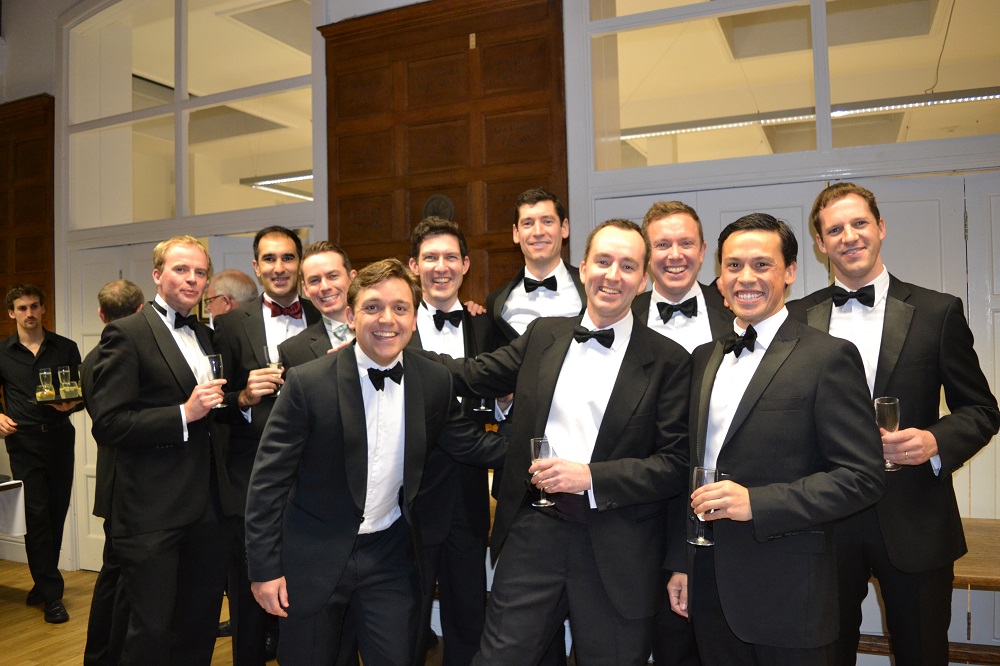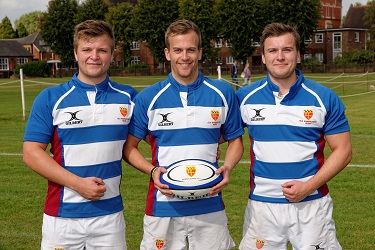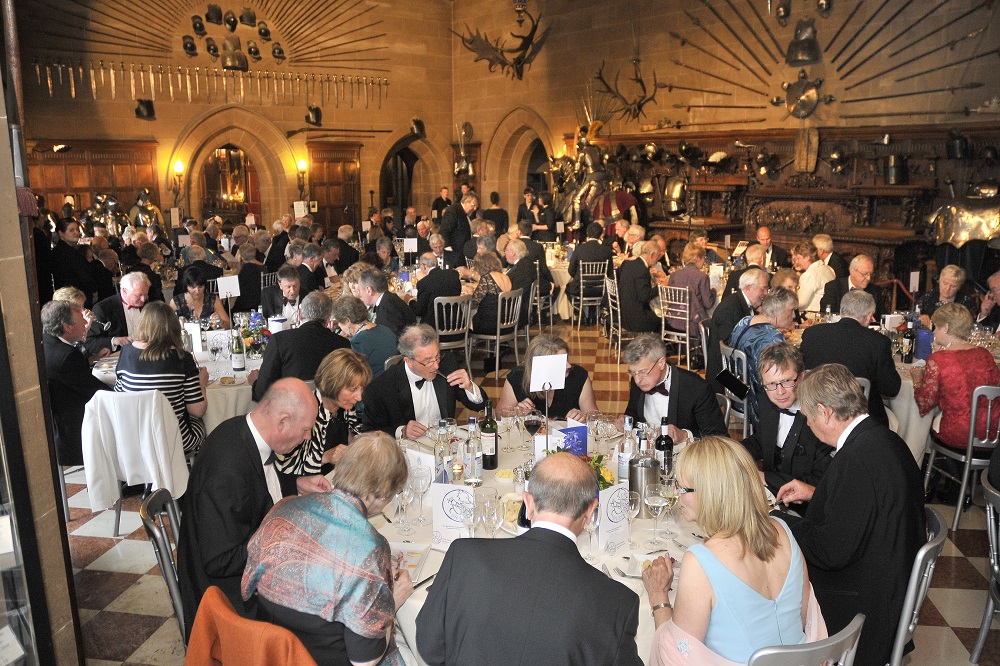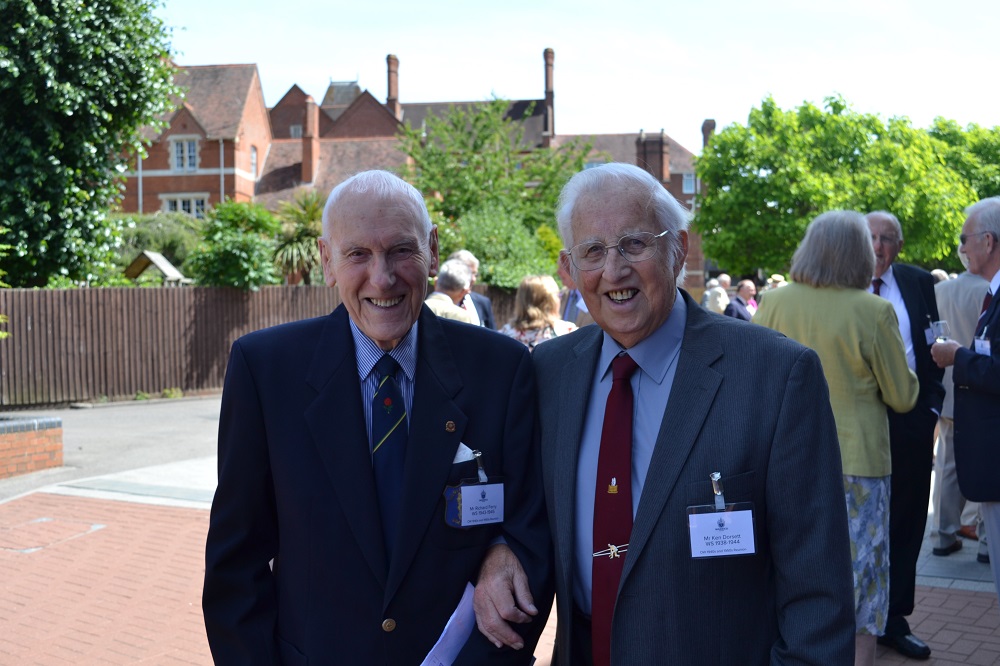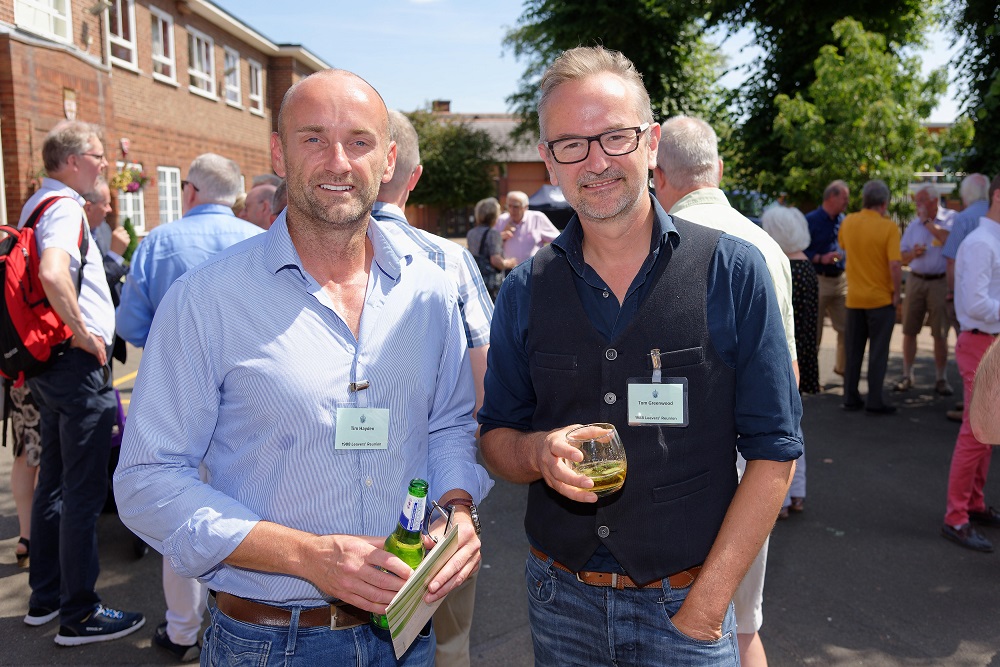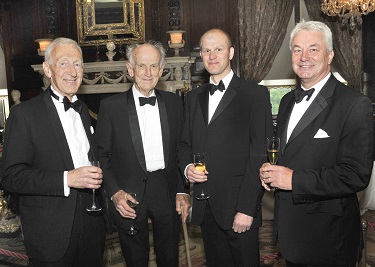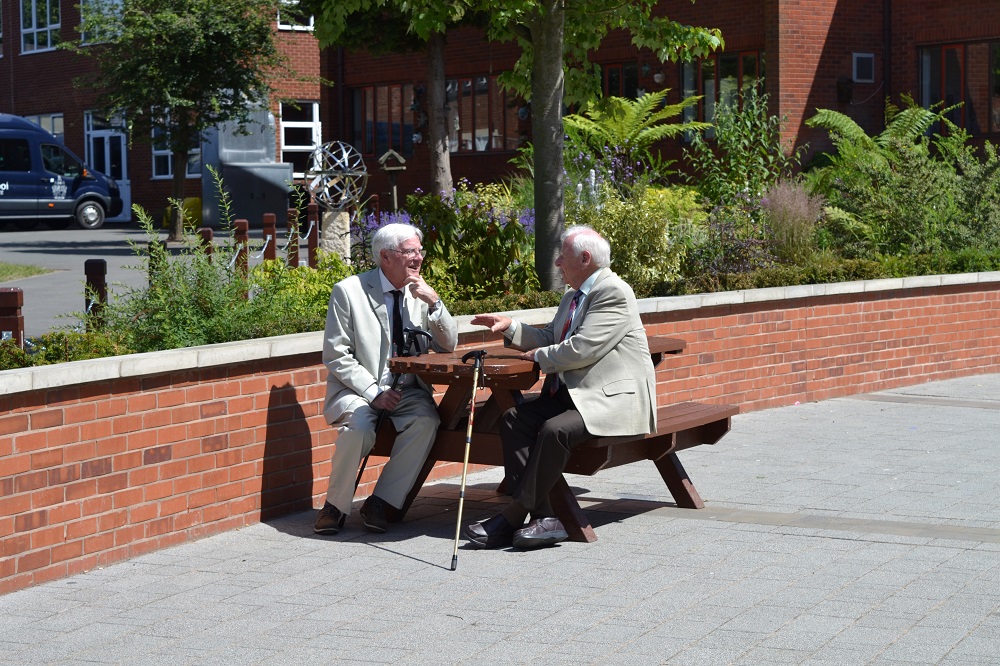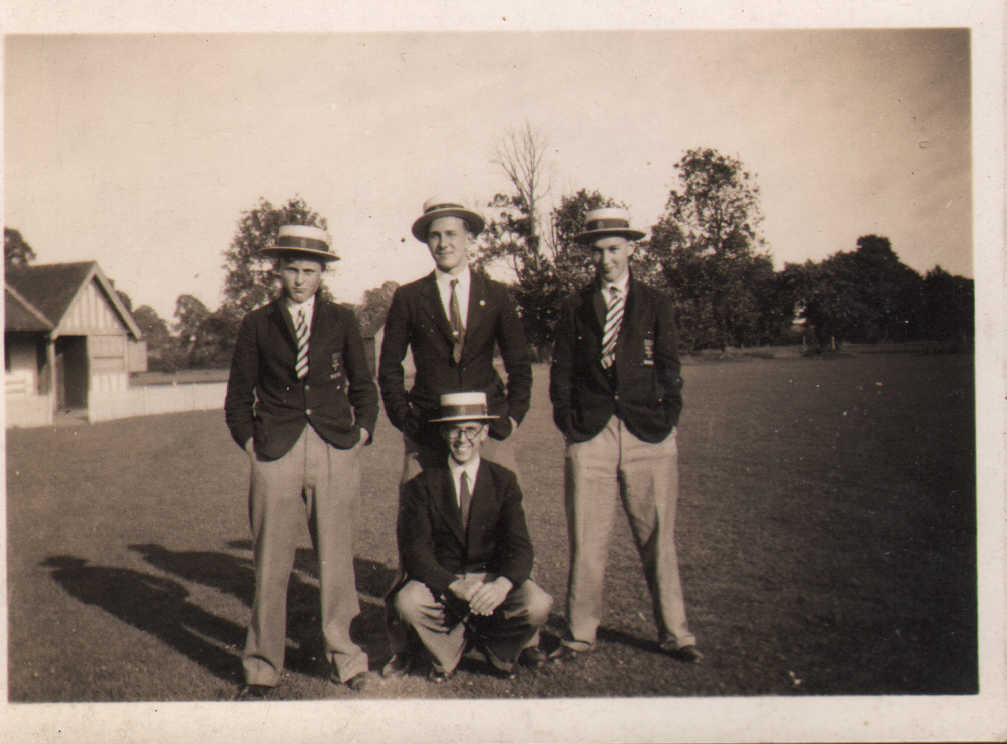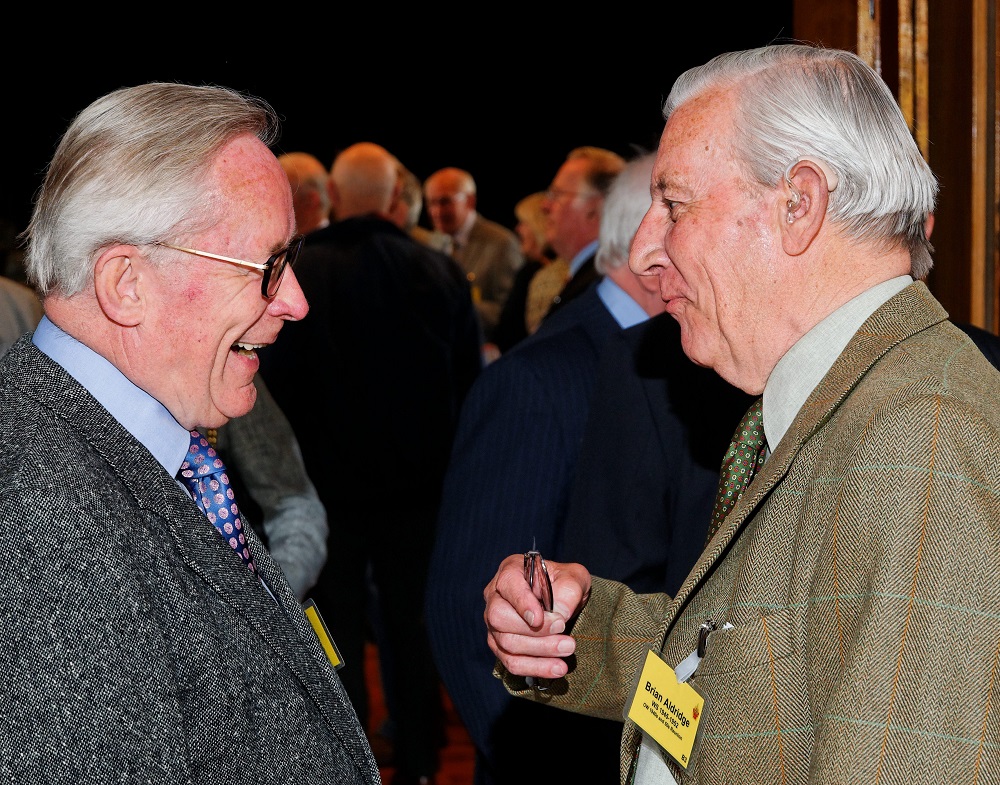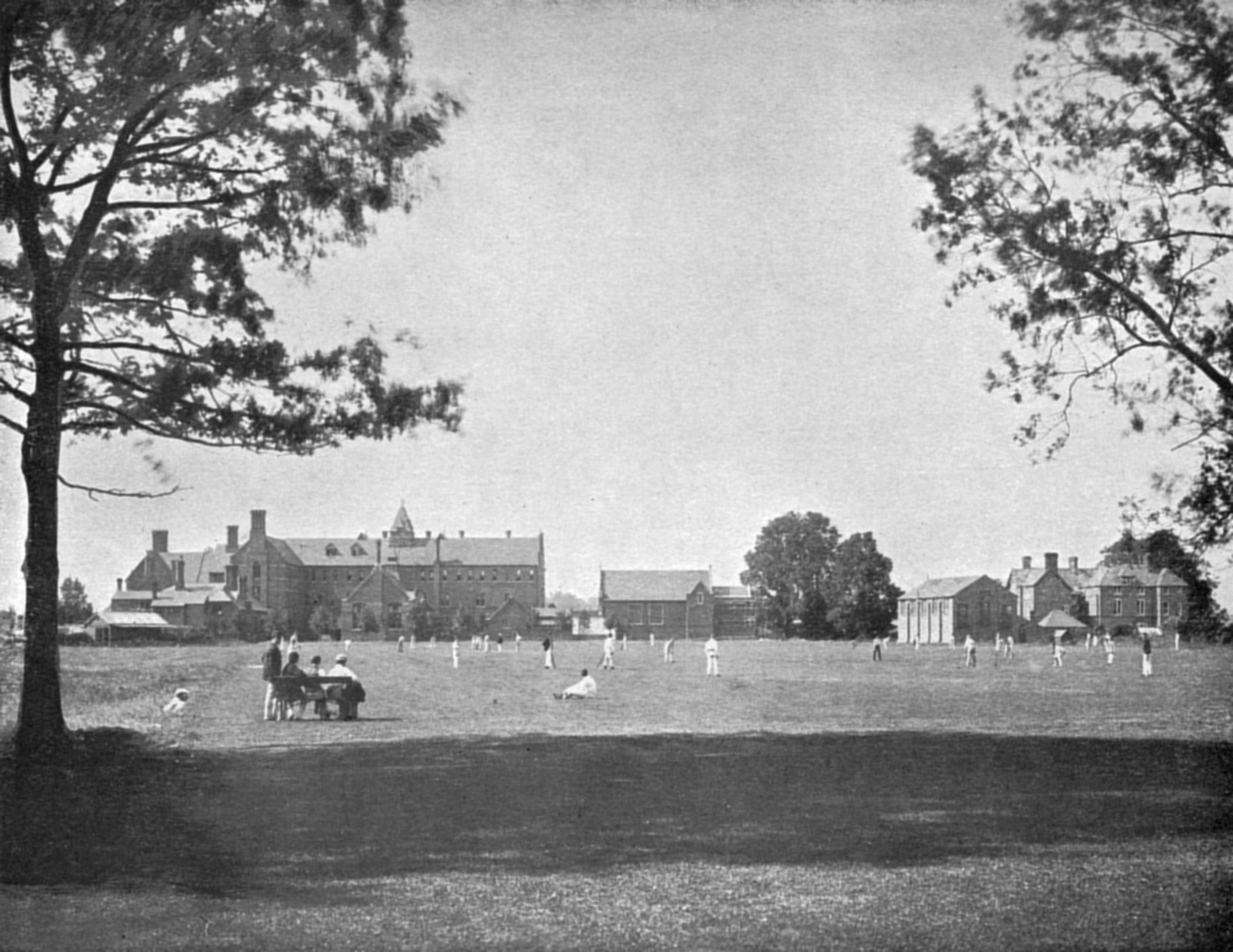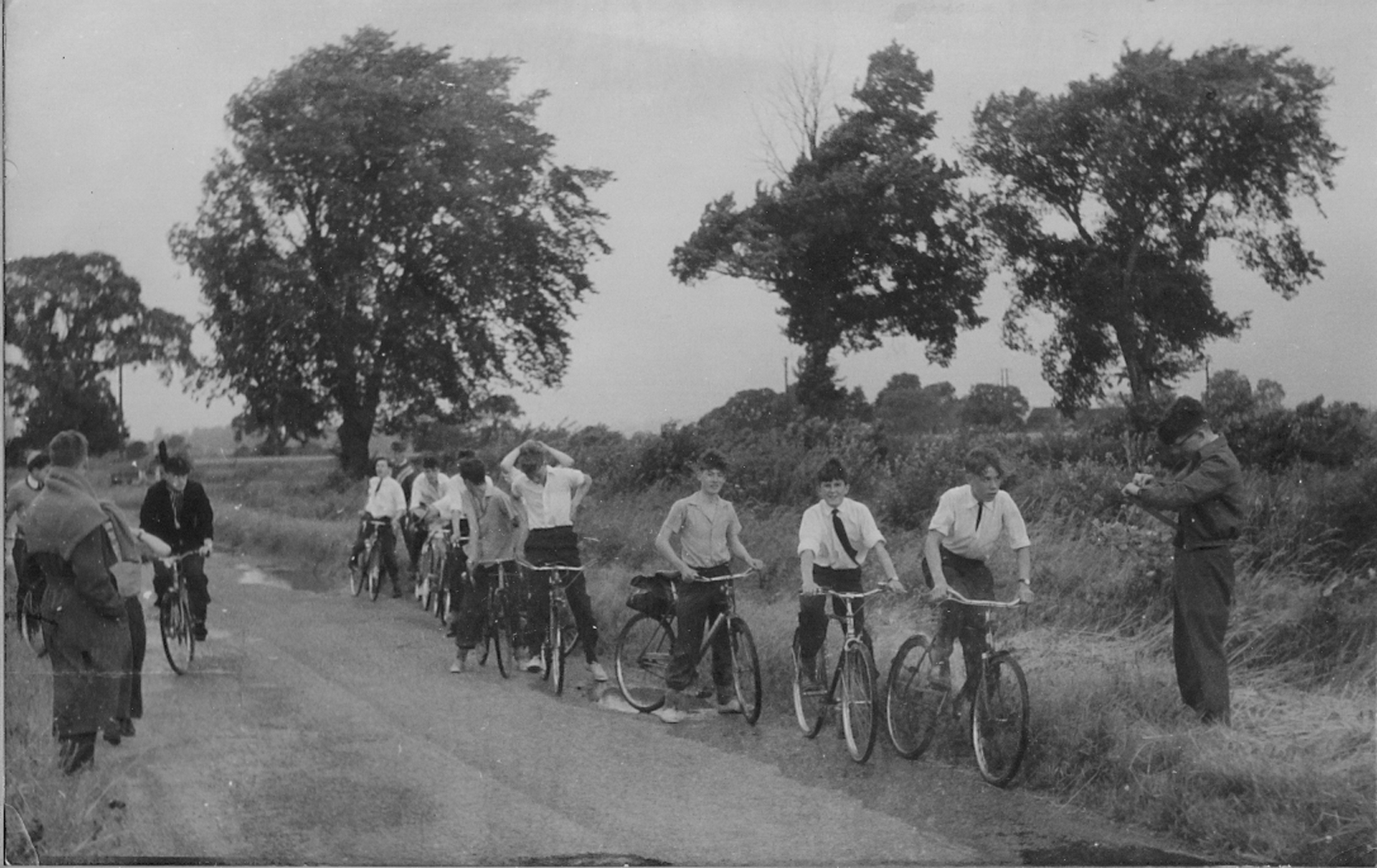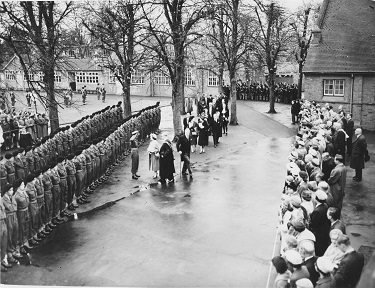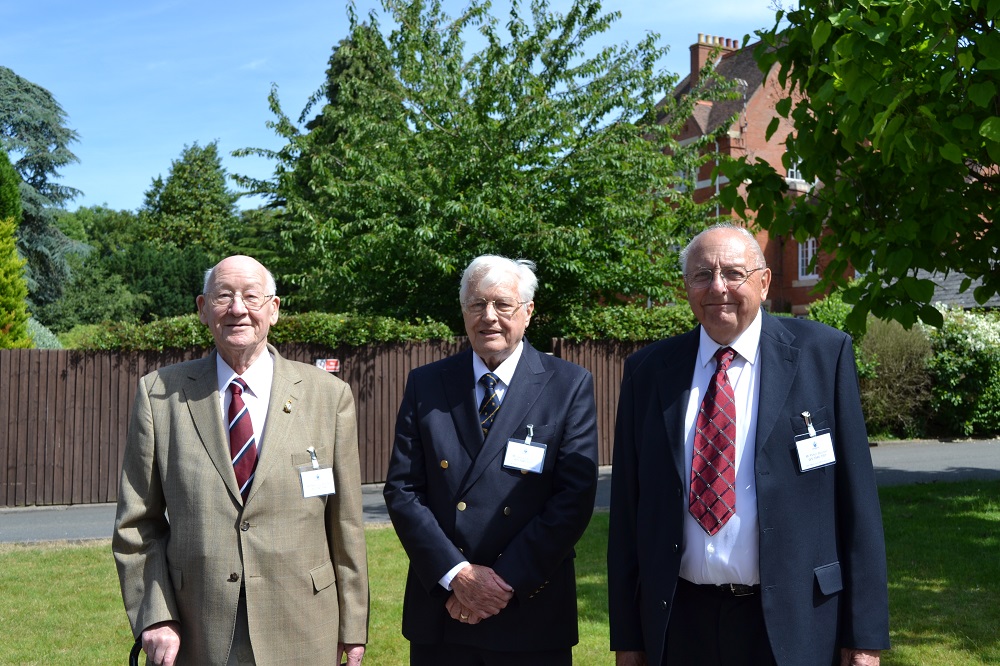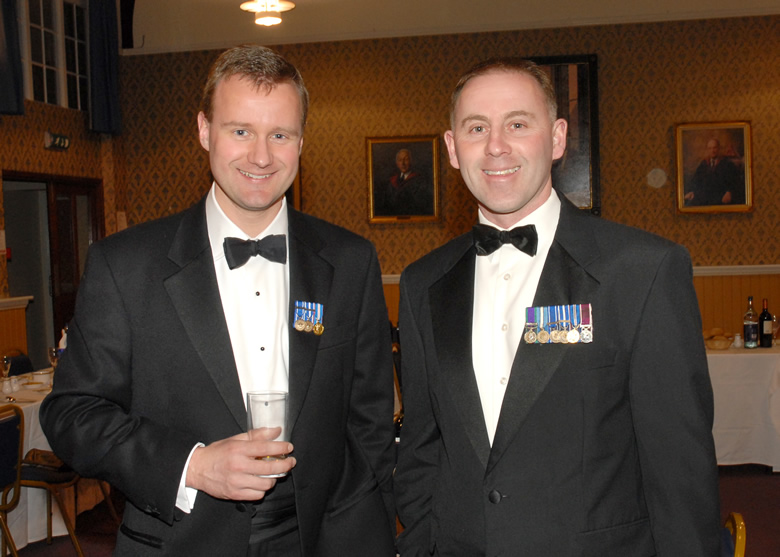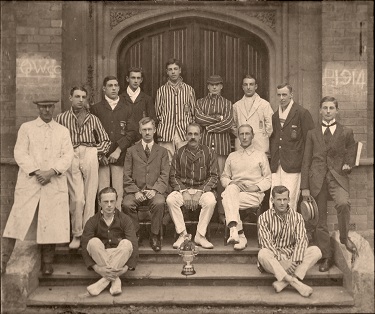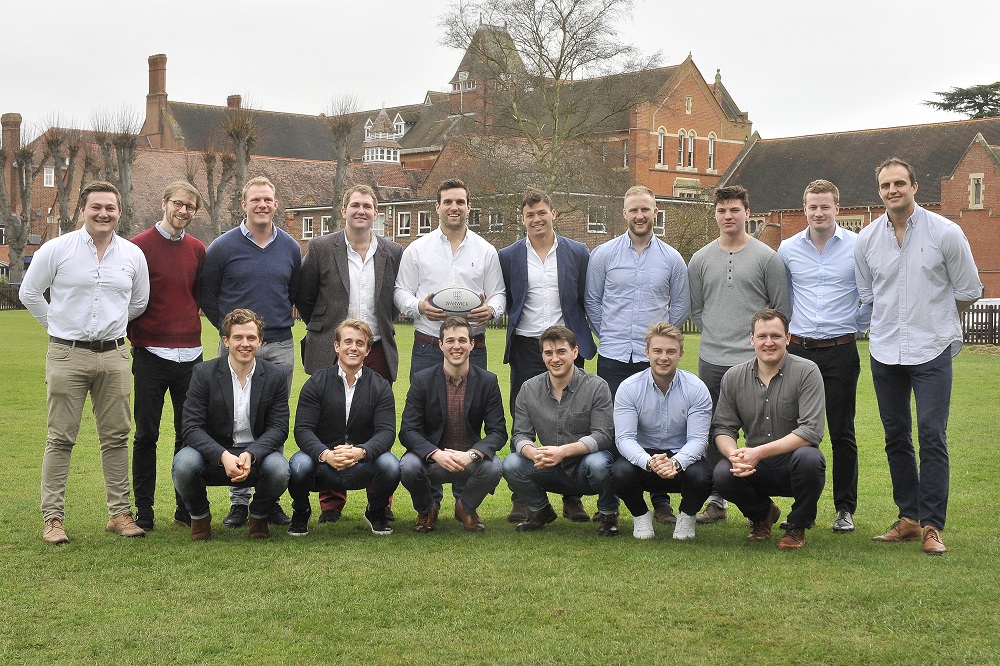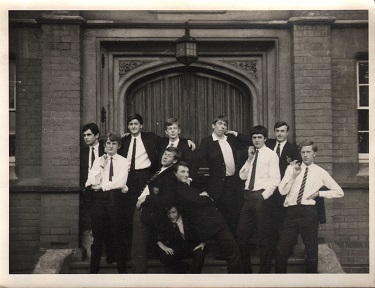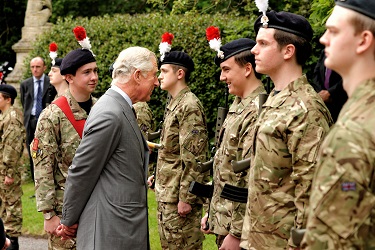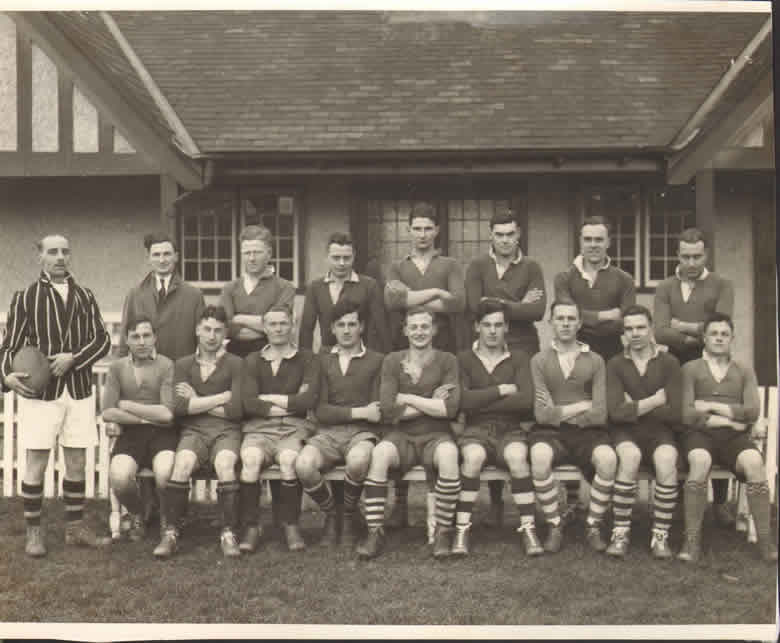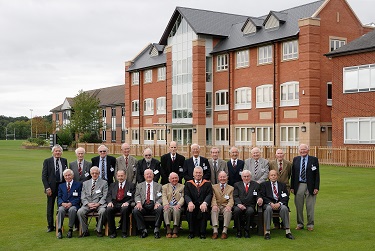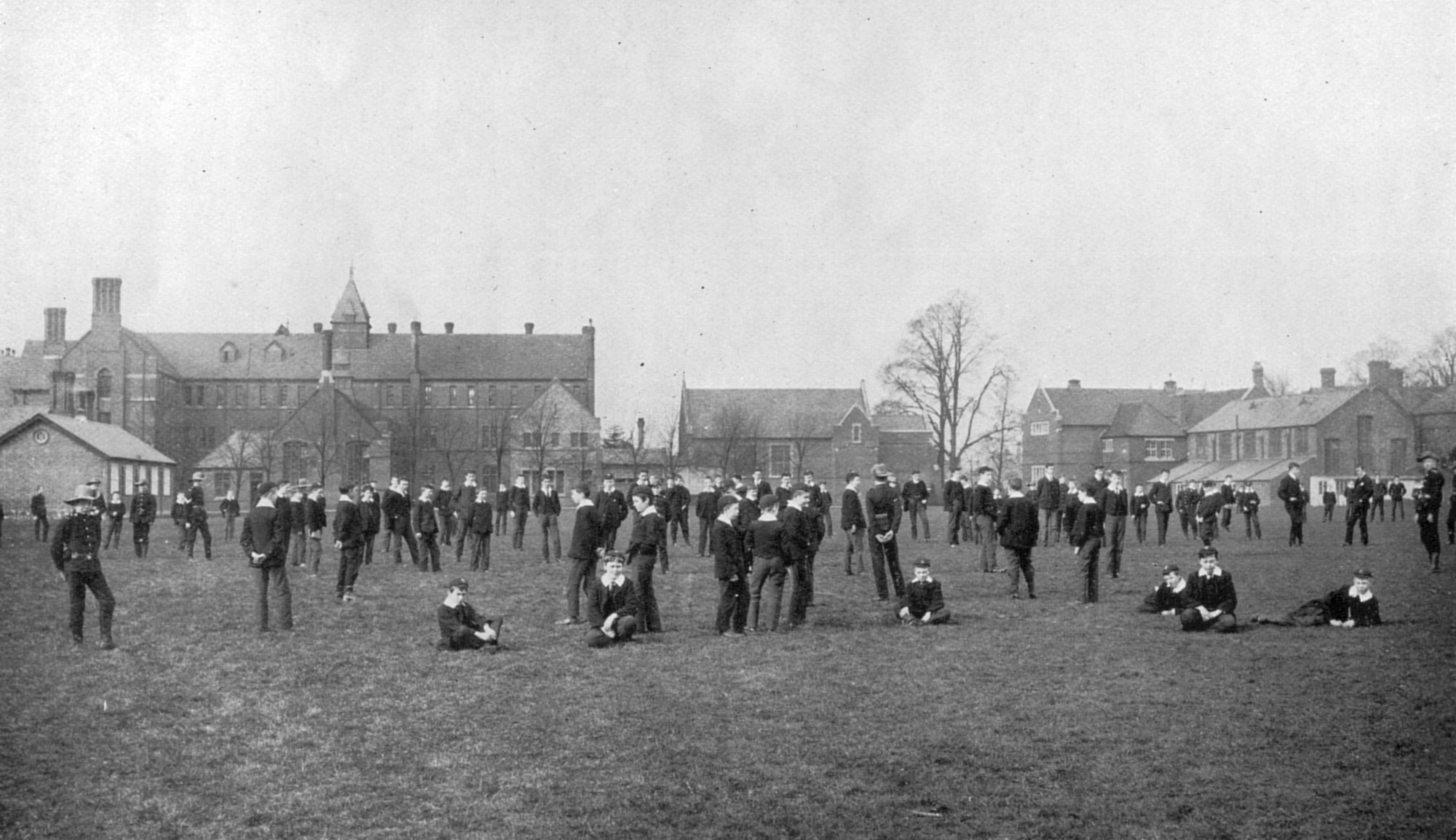Frederick Mulley, later Baron Mulley
Frederick William Mulley (WS 1929-36)
Frederick William Mulley, born on 3rd July 1918, was the son of William John Mulley, a moulder of 42 Clemens Street, Leamington Spa, which was a boarding house run by Miss Annie Mary Roe. Frederick's mother was Mary Ann, née Boiles. His maternal ancestors were all involved in farming. Fred’s grandfather was a waggoner on farms at Harbury and Whitnash, and other relatives farmed in a small way at Wharfe Cottage, on the Sydenham estate. His father had been a driver in the Machine Gun Corps in the First World War.
He joined Warwick School on 18th September 1929, having previously been a pupil at the County Elementary School in Bath Place, Leamington Spa. Frederick was awarded a "Free Place" at Warwick School, that is, his fees were paid for by the County.
There was a good deal of political debate at the school in the 1930s, as might be expected. In 1934, for instance, there was a motion, "This House Supports Fascism", proposed at the Debating Society – which motion, fortunately, was heavily defeated. It is interesting to speculate whether it was this debate which sparked Mulley's future interest in politics. One of the most vibrant school societies at this time was The League of Nations Union, attracting a membership of up to 200 boys. F. W. Mulley was appointed Hon. Sec. in the same year as that shocking debate, eventually becoming its chairman.
On 26th October 1934, F. W. Mulley "gave a lantern lecture on his visit to the Junior Summer School at Geneva. There was a good attendance." He was subsequently awarded a Geneva Scholarship, awarded by the Leamington Branch of the League of Nations Union, for an essay on "Control of Armaments Firms." This enabled him to revisit Geneva in the summer of 1935, for which he wrote a pleasant and informative article in the December 1935 issue of the school magazine, The Portcullis.
For his last term at the school (January to March 1936), he was appointed as a school prefect, which means that we should have had a photo of him, but the 1936 prefects' photograph was taken after he had left the school, unfortunately. On 17th February 1936, F. W. Mulley had given a lantern lecture on "The League of Nations: What it is and what it does". He left Warwick School at Easter 1936 to become a clerk with the National Insurance Committee. It was at this time that he joined the Labour Party.
In his "Valete" entry, in The Portcullis of July 1936, he states that he was Captain of School Chess, 1934 - 36, and played rugby in in the 2nd XV in 1935 and 1936. He was also a Sergeant in the Officers' Training Corps, which fact might seem at odds with his earlier essay on armaments - but, as can be seen below, he joined the Army at the start of the Second World War.
He served in the Worcestershire Regiment in the Second World War, but was unfortunately held by the Germans as a prisoner of war from 1940 onwards, having been involved in the heroic, seemingly futile but ultimately successful, rear-guard action to stop the German advance towards Dunkirk. While a prisoner of war, he studied for a BSc in Economics as an external student from the University of London. He graduated from Christ Church College, Oxford, reading PPE, after being released.
From Oxford he went to Cambridge, where from 1948 to 1950 he was Research Fellow in Economics at St. Catherine's College. He was an MA of both Universities, in itself a most unusual distinction. Mr Mulley next read for the Bar, and was called to it in 1954.
He unsuccessfully contested the constituency of Sutton Coldfield Division of Warwickshire in the Parliamentary General Election in 1945. In 1948 he married Joan Phillips, and they had two daughters. He fought in the General Election of 1950, and served as the Labour MP for Sheffield Park continuously from 1950 to 1983, when he was deselected by his local party when his constituency disappeared in a redistribution of boundaries.
During this long career in politics he held a variety of ministerial positions including Deputy Defence Secretary and Minister for the Army (1964 - 1965) and Privy Councillor, Minister of Aviation (1965-1967), Minister for Disarmament (1967 - 1969), Minister of State, Foreign and Commonwealth Office (1967 - 1969), and Minister of Transport (1969 - 1970 and 1974 - 1975). In 1975 Harold Wilson brought him to the Cabinet as Secretary of State for Education and Science, and in 1976 he became Secretary of State for Defence, a position he held until 1979.
From the media’s point of view, his most memorable moment was when he fell asleep, sitting next to the Queen, during the Jubilee Review of the Royal Air Force at RAF Finningley in 1977. Having a small sleep during exercise was subsequently referred to by members of the RAF as having a "Fred Mulley". It was suggested in Private Eye that Mulley was guilty of treason (then still a capital offence) for having slept with the Queen.
After retiring from the House of Commons in 1983, he was awarded a life peerage in 1984, becoming Baron Mulley of Manor Park in the City of Sheffield. Fred died in March 1995 at the age of 77, and was buried in the churchyard at Whitnash. In his obituary in the Independent, Tam Dayell says that Fred told him that his interest in foreign affairs stemmed partially from the fact that the local MP for his home area in the 1920s and 1930s was Anthony Eden. Tam Dayell also mentions that RAF episode: “He never shirked an uncomfortable assignment and it would be a travesty of justice if Mulley were to be remembered for that cruel picture of him dozing off during a royal visit to the Forces. Seeing him voting at four in the morning the night before, I can easily understand why the exigencies of a slim majority, which became non-existent, brought that lapse about.”
John Jefferies, the current Head of Politics at Warwick School, writes: The Mulley necktie and bowtie were introduced in 2022. Lower Sixth Formers are encouraged to emulate the hard work and scholarship of Fred Mulley by taking their academic studies beyond A Level in a variety of exciting and intellectually challenging ways. Boys who achieve 50 Mulley points are awarded the necktie. A small number of boys who achieve 100 points may wear the Mulley bowtie.
Gervald Frykman
Warwick School Archivist
2023

